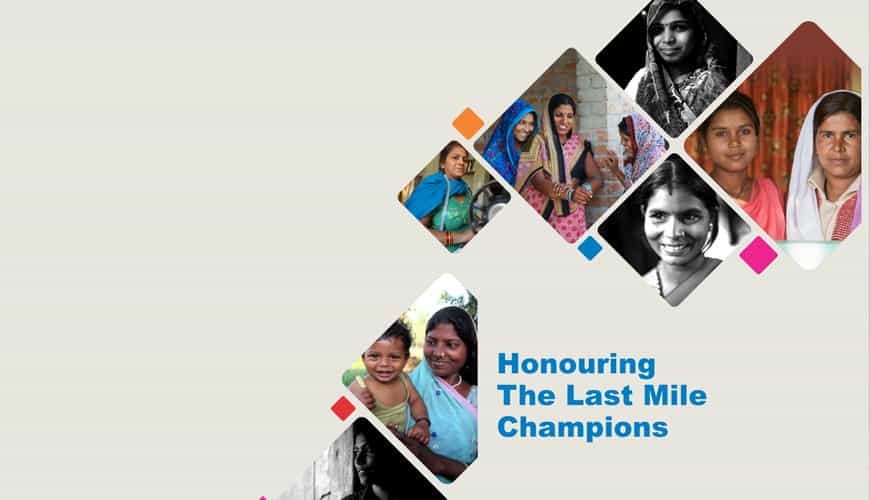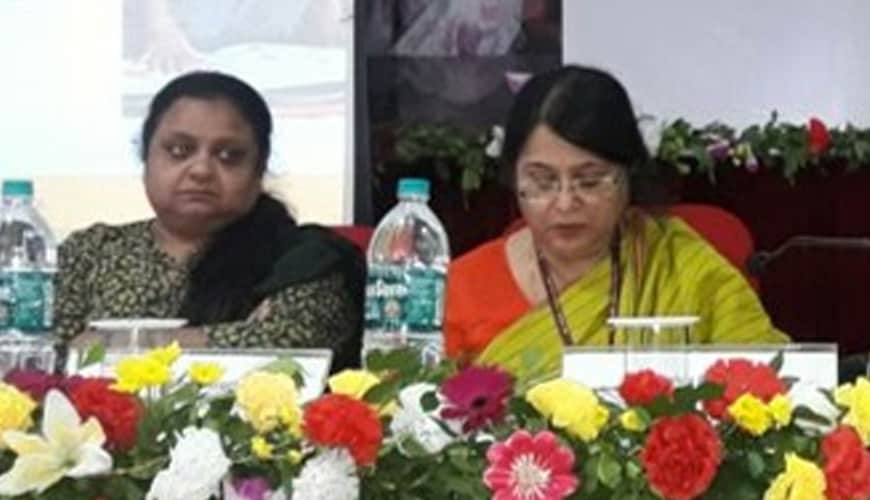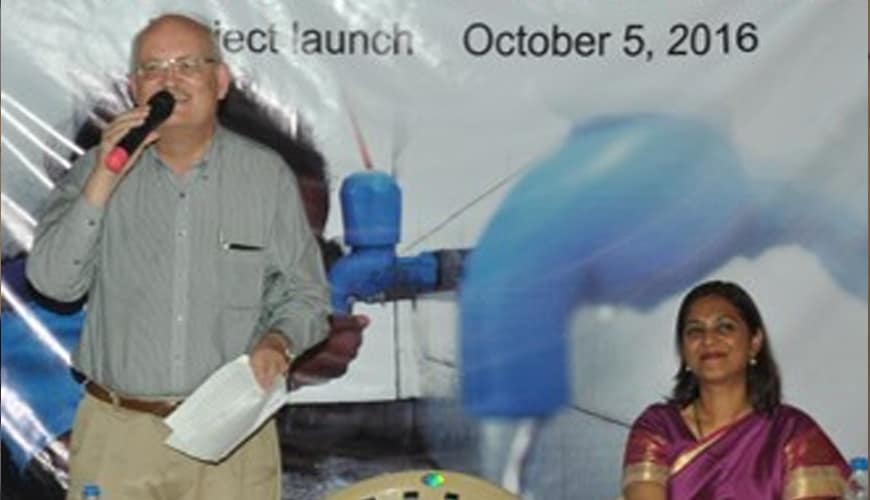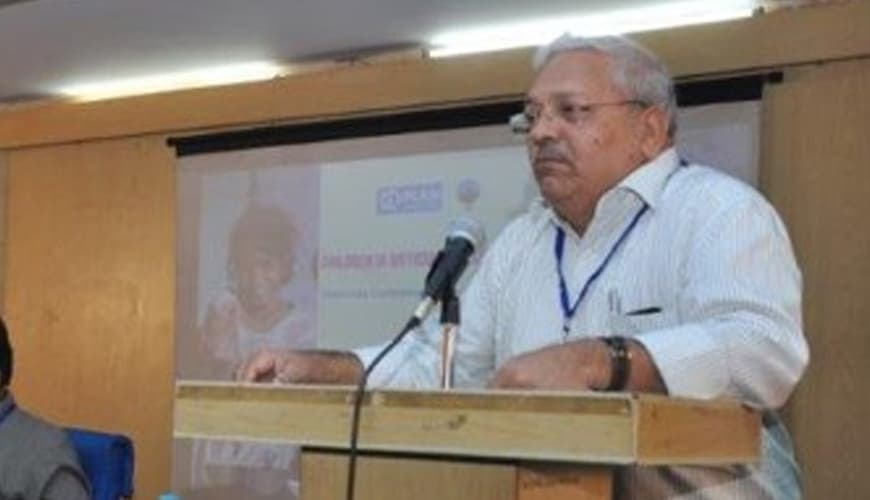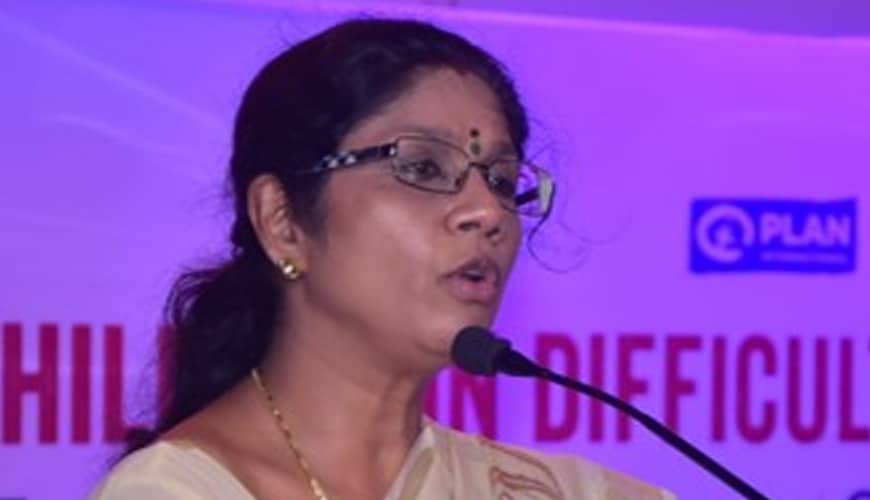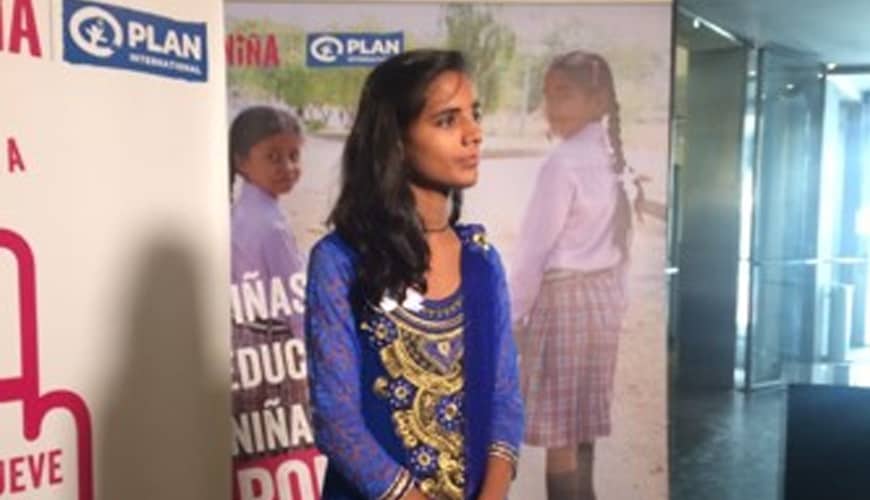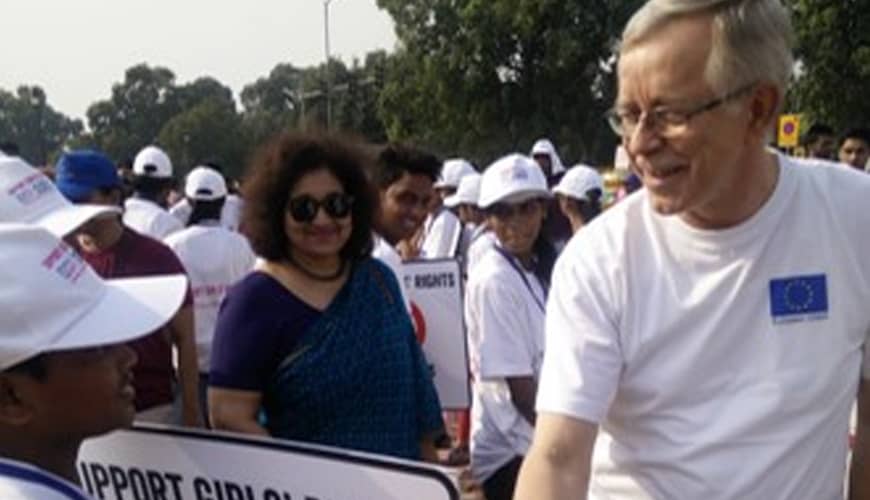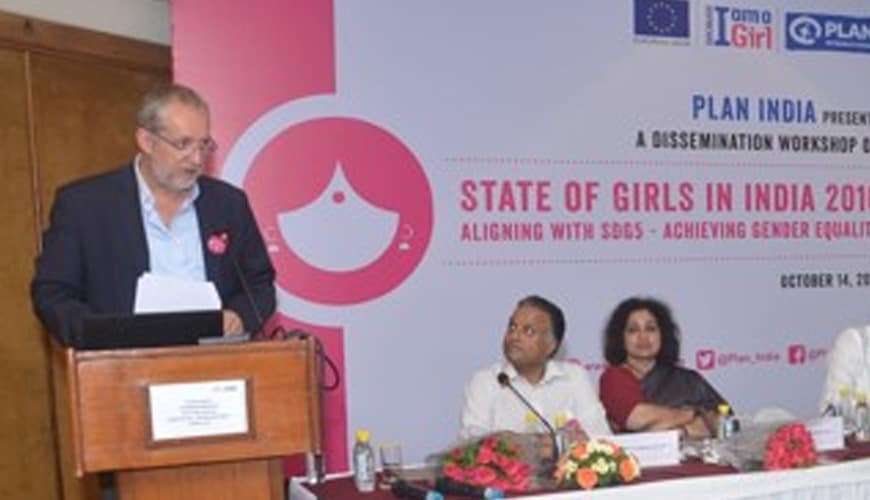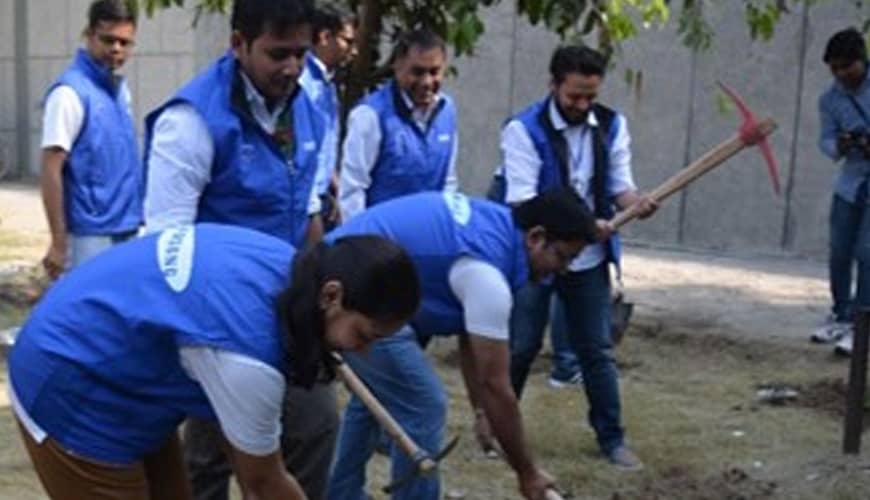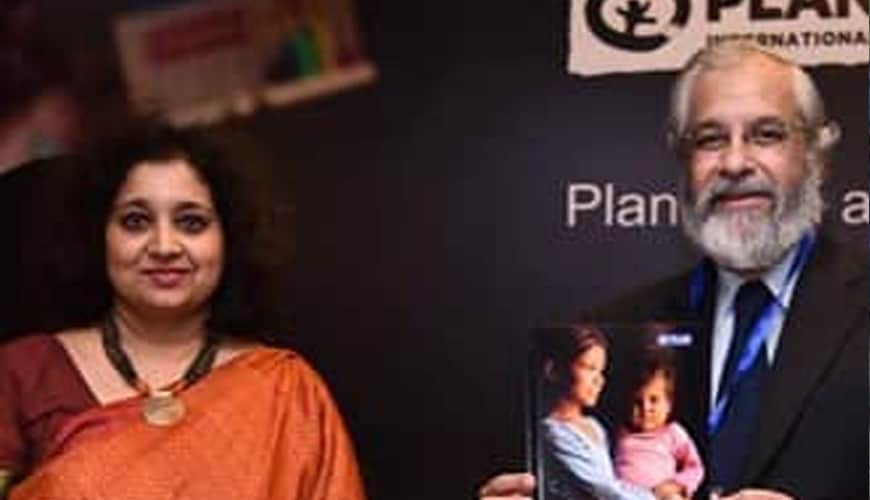New Delhi, August 18, 2017 – Plan India, a leading child development organisation committed to creating a lasting impact in the lives of vulnerable and excluded children, their families and communities today, honoured the last mile champions, who have bridged the gaps between communities and service providers, catalysing remarkable social and behavioural change countrywide.
This award was instituted to acknowledge the integral role of frontline community workers who have endlessly contributed in achieving Plan India’s strategic goals at the grassroot level.
Awards were given in eight categories comprising of Anganwadi Workers (AWW), Anganwadi Helpers (AWH), Accredited Social Health Activists (ASHA), Auxiliary Nurse Midwives (ANMs), Community Volunteers, Youth Champions, and Outreach Workers (ORW) in Water, Sanitation, Hygiene (WASH) and HIV/AIDS. Special Jury and Special Recognition honours were given to two community members in recognition of their contributions. The nominations were filed from 13 states that Plan India works in – Delhi, Rajasthan, Uttar Pradesh, Uttarakhand, Bihar, Jharkhand, Odisha, Telangana, Maharashtra, Madhya Pradesh, Chhattisgarh, Assam and West Bengal.
In each category, numerous nominations were received from the field and were further screened by a state level Sub Jury Committee comprised of external experts from the government, academia and civil society, among others.
The top 24 nominations were then shortlisted by facilitating partner Grant Thornton, who presented their findings to the National Jury comprised of distinguished members from government, corporates, media and youth led organisations who selected the final ten awardees based on marks scored against evaluation criteria and the unique initiatives of each nominee.
Shabana Azmi, veteran actress, who was the Chief Guest for the occasion, gave away the awards to the winners. Other delegates to grace the event were Govind Nihalani, Chair Emeritus, Plan India, Rathi Vinay Jha, Chairperson, Plan India Board, Ranjan Chak and Udayan Sen, Members, Plan India Board.
Bhagyashri Dengle, Executive Director, Plan India said, “Plan India’s work is possible due to the tireless efforts of frontline community workers who reach out to those most disadvantaged. They are the last mile champions who successfully enable entire families and communities to break intergenerational cycles of poverty and barriers that held them back. The Plan India Impact Awards is an initiative to recognize their efforts, tell their inspirational stories and provide impetus to their life changing work.”
Winner in the ASHA category award, 35-year-old Vinita Negi from Uttarkashi, Uttarakhand said, “Working as a community health worker for the past ten years has been a rewarding experience. Knowing that I have empowered others to make positive changes and take control of their health gives me an enormous sense of accomplishment.”
Another award winner in the ANM category, 50-year-old Meera Devi from Maharajganj, Uttar Pradesh said, “I like helping and communicating with people. My work as a village community worker is what I like the most, and I definitely wish to continue to work for those who are unreachable and from the marginalized communities.”
Amongst the other categories, Sharif Uddin Tapadar from Assam and Basanti Jarika from Jharkhand were awarded for their contribution as an ORW in the field of WASH and HIV/ AIDS project. Bahaman Mohanta from Odisha was awarded for the best Community Volunteer. Madina and Seema Devi from Rajasthan were awarded for the best AWW and AWH. Shalini from Uttar Pradesh received the Youth Champions Award and Bharati Biswal from Odisha received the Recognition Award. A special Award was given to Sanjay Murmu for Bihar for his commendable contribution towards working for the most marginalized children and communities.
Editor’s notes
Plan India, is a nationally registered independent child development organisation committed to creating a lasting impact in the lives of vulnerable and excluded children, their families and communities.
For over 35 years, Plan India and its partners have improved the lives of millions of children by providing them access to protection, basic education, proper healthcare, a healthy environment, livelihood opportunities and participation in decisions which affect their lives.





